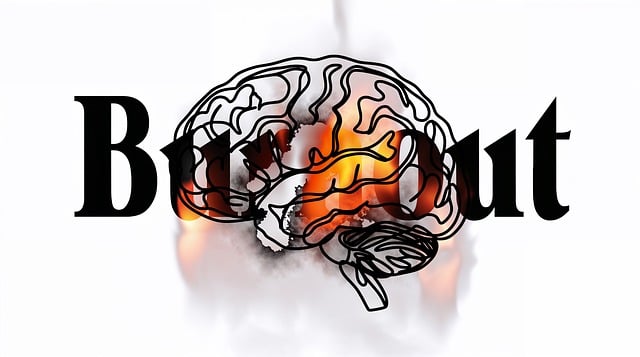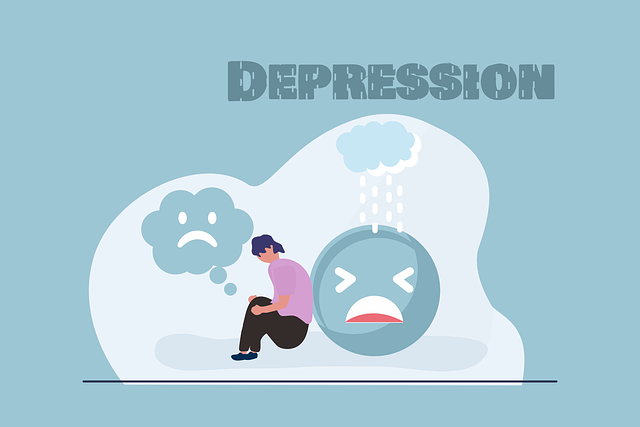Substance abuse is a complex issue with severe consequences, but understanding risks like addiction potential and cognitive impacts is key to prevention. Evidence-based approaches such as Superior EMDR Therapy, which targets past traumas linked to substance abuse, have proven successful in reducing its hold. Mental health policy changes, stigma reduction, self-awareness exercises, and lifestyle adjustments also play crucial roles. Combining Superior EMDR Therapy with community engagement strengthens support systems, enhances emotional intelligence, and aids recovery. Long-term strategies like these promote mental wellness, prevent relapse, and foster healthier coping mechanisms, emphasizing the holistic approach to substance abuse management.
Substance abuse poses significant risks, impacting physical and mental health, relationships, and overall well-being. This article explores comprehensive risk reduction strategies to address this complex issue. We delve into understanding the dynamics of substance abuse, highlighting its potential consequences. A key focus is the therapeutic approach of Superior EMDR Therapy, showcasing its effectiveness in mitigating risks. Additionally, we discuss lifestyle changes, support systems, and long-term management techniques for a sustainable path to recovery and improved life outcomes.
- Understanding Substance Abuse and Its Risks
- The Role of Superior EMDR Therapy in Risk Reduction
- Lifestyle Changes for a Safer Future
- Support Systems and Community Engagement
- Long-term Management and Prevention Strategies
Understanding Substance Abuse and Its Risks

Substance abuse is a complex issue that involves the excessive and harmful use of drugs or alcohol. It can have severe physical, mental, and social consequences, impacting individuals’ overall well-being and quality of life. Understanding the risks associated with substance abuse is a crucial first step in developing effective prevention strategies. This includes recognizing the potential for addiction, the impact on cognitive function, and the increased vulnerability to various health issues.
One evidence-based approach that has gained prominence in addressing these challenges is Superior EMDR Therapy (Eye Movement Desensitization and Reprocessing). By focusing on past traumatic experiences often linked to substance abuse onset or relapse, EMDR helps individuals process and resolve these memories, reducing their power over one’s life. Additionally, Mental Illness Stigma Reduction Efforts and advocacy for better Mental Health Policy Analysis can create a more supportive environment, encouraging those struggling with addiction to seek help without fear of judgment. Self-Awareness Exercises can also play a significant role in empowering individuals to recognize triggers, understand their emotional states, and develop healthier coping mechanisms, ultimately reducing the risk of substance abuse.
The Role of Superior EMDR Therapy in Risk Reduction

Superior EMDR Therapy plays a pivotal role in risk reduction strategies for substance abuse by addressing underlying emotional trauma that often contributes to addictive behaviors. This therapy is particularly effective due to its ability to facilitate profound emotional regulation, allowing individuals to process and release repressed memories and emotions associated with past traumatic experiences. By mastering superior EMDR techniques, therapists can help clients develop healthier coping mechanisms and enhance their overall well-being.
Incorporating compassion cultivation practices within the framework of Superior EMDR Therapy further strengthens risk reduction efforts. Mental Health Education Programs Design that emphasize self-compassion and mindfulness have proven to be transformative tools in substance abuse treatment. By fostering a culture of kindness and understanding, these programs enable individuals to confront their past with greater resilience and empathy, thereby reducing the likelihood of future substance misuse.
Lifestyle Changes for a Safer Future

Adopting a healthier lifestyle is a powerful tool in the fight against substance abuse and can pave the way for a brighter, safer future. This involves making conscious decisions to embrace habits that promote well-being and balance. One effective strategy is incorporating regular physical activity, which not only improves overall health but also acts as a healthy outlet for stress relief and emotional regulation. Additionally, prioritizing a balanced diet ensures your body receives the necessary nutrients, further stabilizing mood and energy levels.
Beyond physical practices, engaging in therapeutic activities like Superior EMDR Therapy can significantly contribute to risk reduction. This form of therapy is designed to enhance self-awareness and address underlying emotional issues through specialized techniques. By focusing on mood management and self-esteem improvement, individuals can develop healthier coping mechanisms. Self-awareness exercises play a crucial role here, enabling one to recognize triggers and develop personal strategies for stress prevention, ultimately reducing the likelihood of turning to substances as a crutch.
Support Systems and Community Engagement

Building strong support systems is a cornerstone in risk reduction strategies for substance abuse. For mental health professionals, engaging with communities can significantly enhance their ability to prevent and address substance misuse issues. Superior EMDR Therapy, when combined with robust community engagement, offers a holistic approach to treatment. By fostering connections within groups, individuals struggling with addiction gain access to peer support networks that provide ongoing encouragement and accountability. This communal aspect of recovery is vital in mitigating risks and promoting lasting behavioral changes.
Effective risk management planning involves not just individual therapy but also tapping into the resources available within communities. Mental health professionals can leverage community engagement to enhance emotional intelligence, which is crucial for navigating triggers and managing cravings. Through collaborative efforts, risk assessment becomes more comprehensive, allowing professionals to tailor interventions that address the unique social dynamics contributing to substance abuse. This collective approach not only improves treatment outcomes but also strengthens the overall resilience of communities against mental health challenges, including addiction.
Long-term Management and Prevention Strategies

Long-term management and prevention strategies for substance abuse are vital to fostering mental wellness and avoiding relapse. Beyond acute treatment and crisis intervention guidance, individuals can benefit from ongoing support systems and evidence-based practices. One such effective method is Superior EMDR Therapy, which has shown remarkable results in addressing underlying trauma contributing to addiction. This therapeutic approach enables individuals to process and resolve distressing memories, thereby reducing the urge to turn to substances for coping.
Additionally, integrating practices like Mental Wellness Journaling Exercise can empower individuals to track their progress, identify triggers, and develop healthier coping mechanisms. Regular reflection through a mental wellness journal allows one to gain insights into their emotional state and better understand their relationship with substance use. By combining therapy, journaling, and other guidance tailored to their needs, individuals can build resilience and maintain long-term recovery, enhancing their overall mental wellness.
Substance abuse poses significant risks, but with a multifaceted approach, these can be effectively mitigated. By combining Superior EMDR Therapy with lifestyle changes, community support, and long-term management strategies, individuals can achieve lasting recovery and build a safer future. This holistic approach not only reduces risks but also empowers individuals to lead fulfilling lives free from substance abuse.













